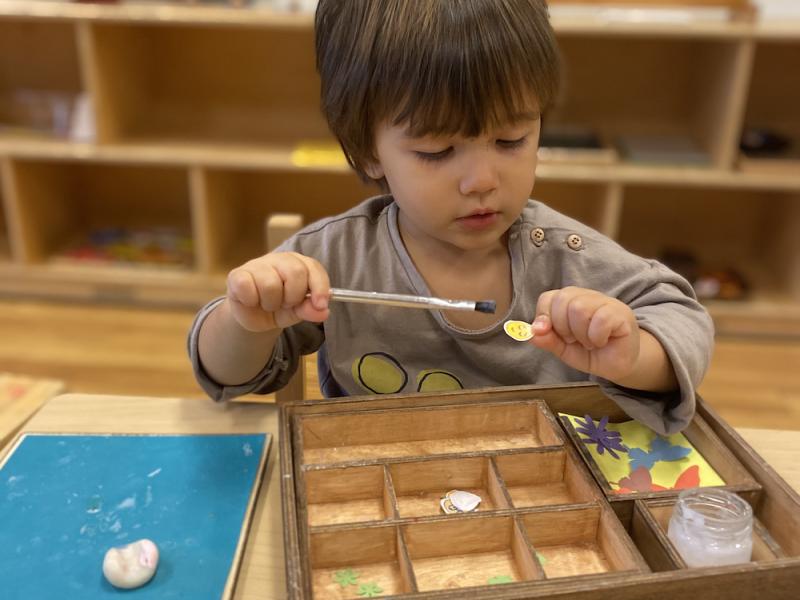In California, transitional kindergarten (TK) was designed to be a bridge between preschool and Kindergarten. If a child turns five years of age between September 2 and December 2, he or she can join TK as Year I of a two-year K program in any free public school. However, if the child’s birthday is December 3, he or she can’t. The child is held back simply based on chronological age! Sadly, this birthdate designation has little to do with a child’s academic, social or emotional development. This is a core difference between preschool versus transitional kindergarten.
The Lifetime Montessori School Edge: Your Child’s Development is Key
At Lifetime Montessori School in Santaluz, a private school in San Diego, there is no cutoff date. Whenever the child is ready to leave preschool learning and start Kindergarten, they do!
Thus, if a child enters Lifetime Montessori School and his/her birthdate as December 3, it means nothing. We discuss the child’s development with our teachers. Based on our teacher’s observation and evaluation, the child begins Kindergarten in September or anytime they’re ready that school year. But the child doesn’t lose a whole year as in public school.
How to Determine Who’s Ready for Kindergarten
There are many factors we take into consideration before determining when a child is ready for Kindergarten. As we observe the child and see that she is feeling confident and is interested in helping others and when she has control over her body and mannerisms. Another factor is when a child shows a level of maturity so they can become a role model to point younger students towards.
Each child has to have successful mastery in areas such as peer leadership, accountability for their actions, responsibility for the classroom and friends, problem-solving and even salesmanship is considered before determining when the child is ready for Kindergarten.
Once a child has entered their 3rd year at LMS, they are ready for Kindergarten no matter their age.
Another Lifetime Montessori Edge: Peer Learning and Leadership
Throughout the age 18 months through age five preschool experience, we focus on peer/age range learning.
Unlike public schools where all students of a specific age are placed, Montessori schools use a three-year age range grouping where children listen, learn, study, motivate themselves and strive to become like their older peers.
Peer learning allows older children to become leaders because they’ve ‘been there, done that’ and shows younger kids how to do things. Conversely, younger students assimilate and absorb—waiting for the day when they’re capable of becoming a five-year-old ‘teacher’ to a three-year-old student. We call it ‘learning through teaching.’
Summary
The Montessori Method is a systematic approach towards teaching children in such a way that they learn what they like and become lifelong learners as a result. A child’s birthdate is just a set of numbers. But a child’s skill sets are a series of markers toward growth. That’s the difference between preschool versus transitional kindergarten.


